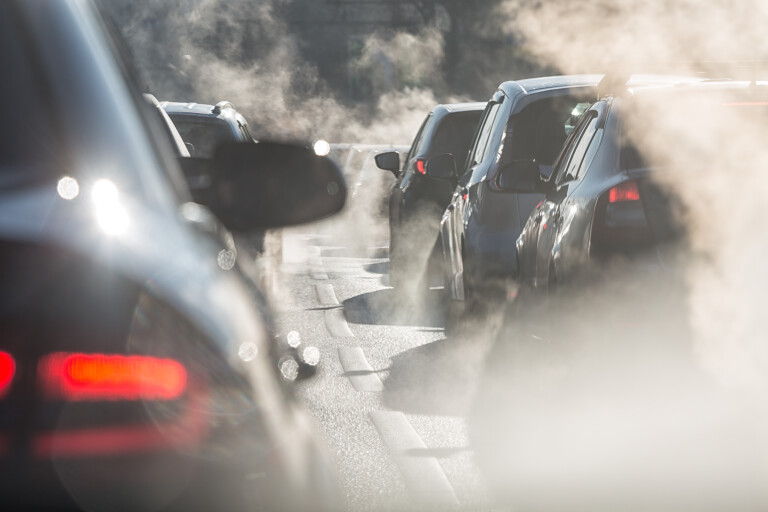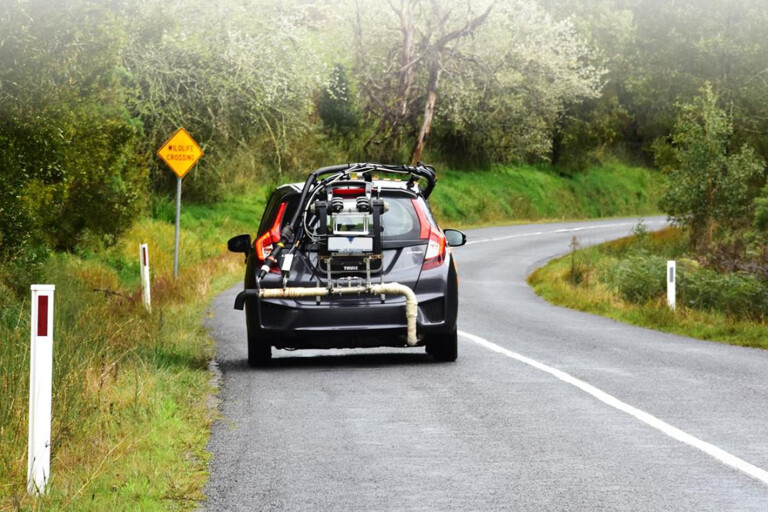
Snapshot
- Hino found to have falsified emissions and fuel data in North America
- Three engines affected by the cheating saga
- Australian industry calls for more real-world testing
UPDATE: Class action investigated in Australia over local emissions claims
Law firm Maurice Blackburn Lawyers is investigating a class action against truck manufacturer Hino over possible misreporting of fuel efficiency and emissions performance claims of some of its models in Australia.
The potential class action is being looked into on behalf of owners and lessees of new or second-hand Hino diesel vehicles made between 2003 and 2022.
Hino admitted in March that it had falsified engine performance data in applications for vehicle certification in Japan as far back as 2016. A Special Investigation Committee later found that Hino had misreported the engine performance of various diesel vehicles from as far back as 2003.
Maurice Blackburn's Principal Lawyer, Vavaa Mawuli, said Hino’s conduct misled its truck and bus owners who could be entitled to substantial compensation.
“Hino’s alleged misrepresentations may have caused financial loss to new and second-hand customers here in Australia and all around the world. It’s time to hold them to account.”
The potential Hino class action is similar to one launched in 2015 by Maurice Blackburn Lawyers against the Volkswagen Group, where the settlement resulted in around $124 million in legal costs being paid in relation to more than 40,000 eligible claimants.
The story to here

March 2022: Truck manufacturer Hino has been cheating in its emissions and fuel economy tests in North America.
The Japanese brand – owned by Toyota – said its performance data in emissions durability testing for its A05C (HC-SCR) medium-duty engine, and measurement of fuel economy in its A09C and E13C heavy-duty engines, had been falsified.
According to Hino, it internally identified discrepancies and issues relating to its certification figures in the North American market leading it to open up its own investigation before submitting those findings to regulators at the United States Department of Justice.
After then looking at the certification procedures in its native Japan, Hino identified further misconduct, leading it to suspend the sale of its A05C (HC-SCR), A09C and E13C engines, as well as vehicles fitted with the drivetrains.
Hino said it found emissions tests were cheated by replacing the second muffler of the A05C's after-treatment system, with the certification process continuing after the muffler had been changed.
The decision to change the muffler was made "after learning that emissions performance would deteriorate over time and that the engine may not meet the regulatory emissions standards," with further retesting leading Hino to discover "there is a possibility that this engine may exceed regulatory emissions standards over the course of the vehicle’s full useful life", according to a statement issued today by the manufacturer.

Hino's headquarters offered an apology and explanation to customers, saying it was looking inwards to better manage its team to prevent further issues arising.
"We sincerely apologise for the inconvenience and concern caused to our customers. In order to minimise the impact on their business, we will implement various measures immediately and with care. Customers are not required to take any action and may continue to use their vehicle until further notice from Hino with respect to our measures for in-use vehicles," the manufacturer said.
"Based on the findings to date, Hino believes that it failed to appropriately respond to internal pressures to achieve certain targets and meet schedules that were placed on Hino employees. Hino management takes these findings extremely seriously.
"Hino has already begun working on improving its governance system, including organisational restructuring and commencing a review of Hino’s internal processes and procedures. In addition, Hino will proceed to promote the compliance awareness of each employee."

Following Hino's admission, Australia's automotive industry has amped up calls for change, headed up by the Australian Automobile Association.
AAA's managing director Michael Bradley said Hino's misconduct is the latest to stem from the use of worldwide laboratory-tested emissions and fuel data, allowing manufacturers to figure out ways to beat the system.
“Increasingly stringent emissions standards around the world are pressuring carmakers to produce cleaner cars, and this is just the latest example of a manufacturer being caught manipulating results to avoid commercial pain," said Bradley.
"This scandal again highlights the inability of the current laboratory-based testing regime to catch such misconduct and once again it shows consumers deserve a cop on the beat, that’s able to properly scrutinise vehicles entering the Australian market.
“Rising fuel prices mean Australian motorists deserve to know exactly how their vehicles perform in the real world; how much fuel they will actually use; and the veracity of their claimed green credentials.”

In the wake of the Volkswagen Dieselgate saga in 2015, an AAA pilot study found a number of vehicles failed to meet Australian emissions standards in real world tests, with some producing four times as much carbon monoxide as is allowed locally.
With today's announcement from Hino, the AAA is again kicking off its calls for the Australian Government to consider the implementation of real world emissions and fuel economy testing, allowing consumers to have a more accurate set of data for the vehicles they purchase.
“Reporting real world performance will inform consumers and ultimately crush demand for vehicles that fail to deliver promised fuel savings and environmental performance,” said Bradley.
“Australians desire a clean environment, but with petrol prices around $2 per litre and the typical Australian city household now paying more than $20,000 on annual transport costs, voters also want policies that reduce cost-of-living pressures.
“By promoting real world fuel consumption, the Government can change consumer demand and reduce Australian emissions, while improving motoring affordability and Australia’s environmental performance.”

COMMENTS